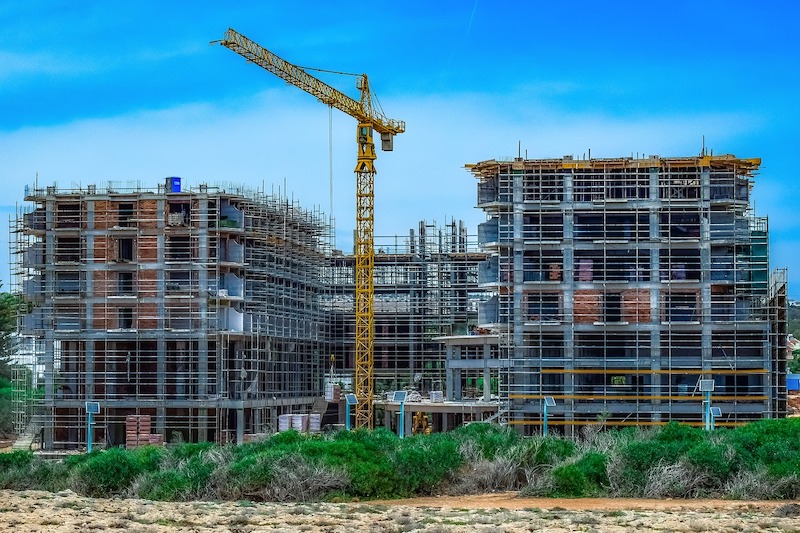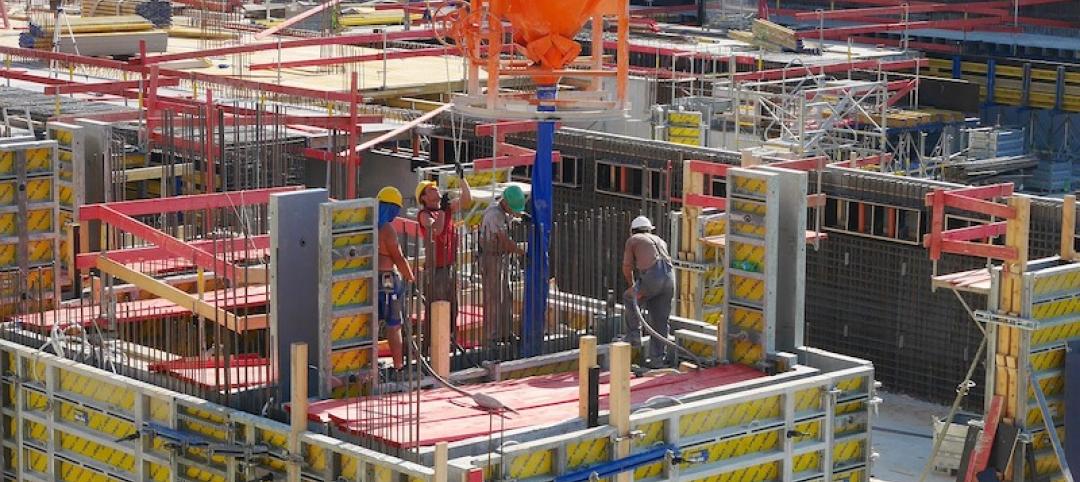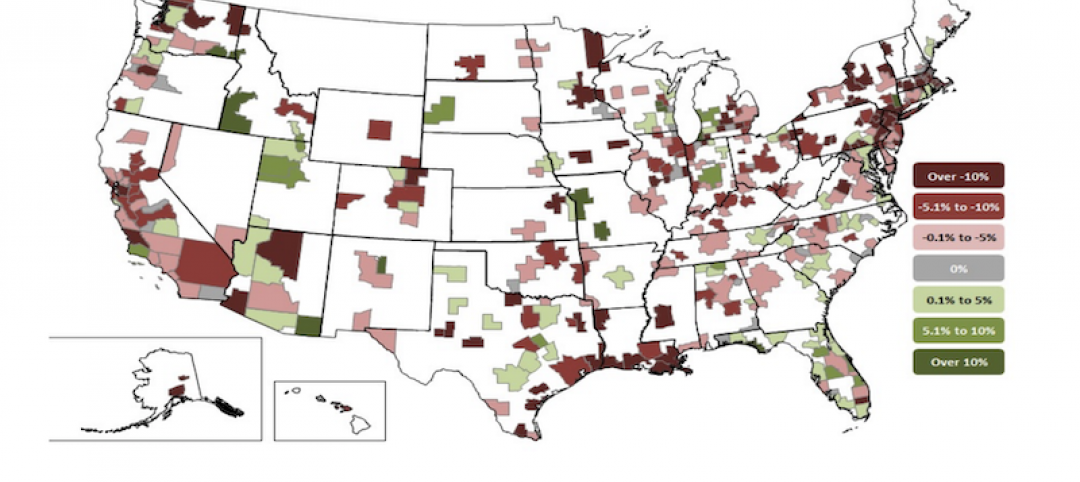Construction employment increased by 26,000 jobs in September to a total of 7,245,000, but the gains were concentrated in housing, while employment in the infrastructure and nonresidential building construction sector remained little changed, according to an analysis by the Associated General Contractors of America of government data released today. Association officials said the pandemic was prompting strong demand for new housing as more Americans work from home, while undermining private-sector development of office, retail and other types of projects and forcing many local and state governments to cut construction budgets.
“Construction is becoming steadily more split between a robust residential component and generally stagnant private nonresidential and public construction activity,” said Ken Simonson, the association’s chief economist, noting that in the three months since June, residential construction employment has increased nearly 3 percent while nonresidential employment has slipped 0.2 percent. “As project cancellations mount, so too will job losses on the nonresidential side unless the federal government provides funding for infrastructure and relief for contractors.”
The AGC of America-Autodesk Workforce Survey, released last month, found that 38 percent of respondents—whose firms perform all types of nonresidential construction--expect it will take more than six months for their firm’s volume of business to return to normal, relative to a year earlier. That percentage topped the 29 percent who reported business was already at or above year-ago levels.
A likely reason for the more pessimistic outlook is the rapid increase in postponed or canceled projects, the economist said. He noted that the latest survey found 60 percent of firms report a scheduled project has been postponed or canceled, compared to 12 percent that had won new or additional work as a result of the pandemic.
The employment pickup in September was mainly in homebuilding, home improvement and a portion of nonresidential construction, Simonson noted. There was a rise of 22,100 jobs in residential construction employment, comprising residential building (6,600) and residential specialty trade contractors (15,500). There was a gain of 4,000 jobs in nonresidential construction employment, covering nonresidential building (5,300), specialty trades (2,100) and heavy and civil engineering construction (-3,400).
The industry’s unemployment rate in September was 7.1 percent, with 700,000 former construction workers idled. These figures were more than double the September 2019 figures of 3.2 percent and 319,000 workers, respectively.
Association officials said that nonresidential construction was likely to continue to stagnate while the pandemic persists without new additional federal coronavirus recovery measures. Those recovery measures must include liability protections for businesses that are protecting workers from the coronavirus, new infrastructure investments and funding for depleted state and local construction budgets, they added.
“Until businesses are confident enough to invest in new development projects and state and local governments are able to invest in public works, the commercial construction sector will not be able to fully recover,” said Stephen E. Sandherr, the association’s chief executive officer. “Protecting honest employers, improving our infrastructure and helping state and local officials fix schools and improve other public facilities will create the jobs people need and the momentum our economy requires.”
Related Stories
Market Data | Oct 5, 2020
Construction spending rises 1.4% in August as residential boom outweighs private nonresidential decline and flat public categories
Construction officials caution that demand for non-residential construction will continue to stagnate without new federal coronavirus recovery measures, including infrastructure and liability reform.
Market Data | Oct 5, 2020
7 must reads for the AEC industry today: October 5, 2020
Zaha Hadid unveils 2 Murray Road and the AEC industry is weathering COVID-19 better than most.
Market Data | Oct 2, 2020
AEC industry is weathering COVID-19 better than most
Nearly one-third of firms have had layoffs, more than 90% have experienced project delays.
Market Data | Oct 2, 2020
6 must reads for the AEC industry today: October 2, 2020
BIG imagines how to live on the moon and smart buildings stand on good data.
Market Data | Oct 1, 2020
Two-thirds of metros shed construction jobs from August 2019 to August 2020
Houston-The Woodlands-Sugar Land and Brockton-Bridgewater-Easton, Mass. have worst 12-month losses, while Indianapolis-Carmel-Anderson, Ind. and Niles-Benton Harbor, Mich. top job gainers.
Market Data | Oct 1, 2020
6 must reads for the AEC industry today: October 1, 2020
David Adjaye to receive 2021 Royal Gold Medal for Architecture and SOM reimagines the former Cook County Hospital.
Market Data | Sep 30, 2020
6 must reads for the AEC industry today: September 30, 2020
Heatherwick Studio designs The Cove for San Francisco and Washington, D.C.'s first modular apartment building.
Market Data | Sep 29, 2020
6 must reads for the AEC industry today: September 29, 2020
Renovation to Providence's downtown library is completed and Amazon to build 1,500 new last-mile warehouses.
Market Data | Sep 25, 2020
5 must reads for the AEC industry today: September 25, 2020
AIA releases latest 2030 Commitment results and news delivery robots could generate trillions for U.S. economy.
Market Data | Sep 24, 2020
6 must reads for the AEC industry today: September 24, 2020
SOM's new waterfront neighborhood and a portable restroom designed for mobility.

















